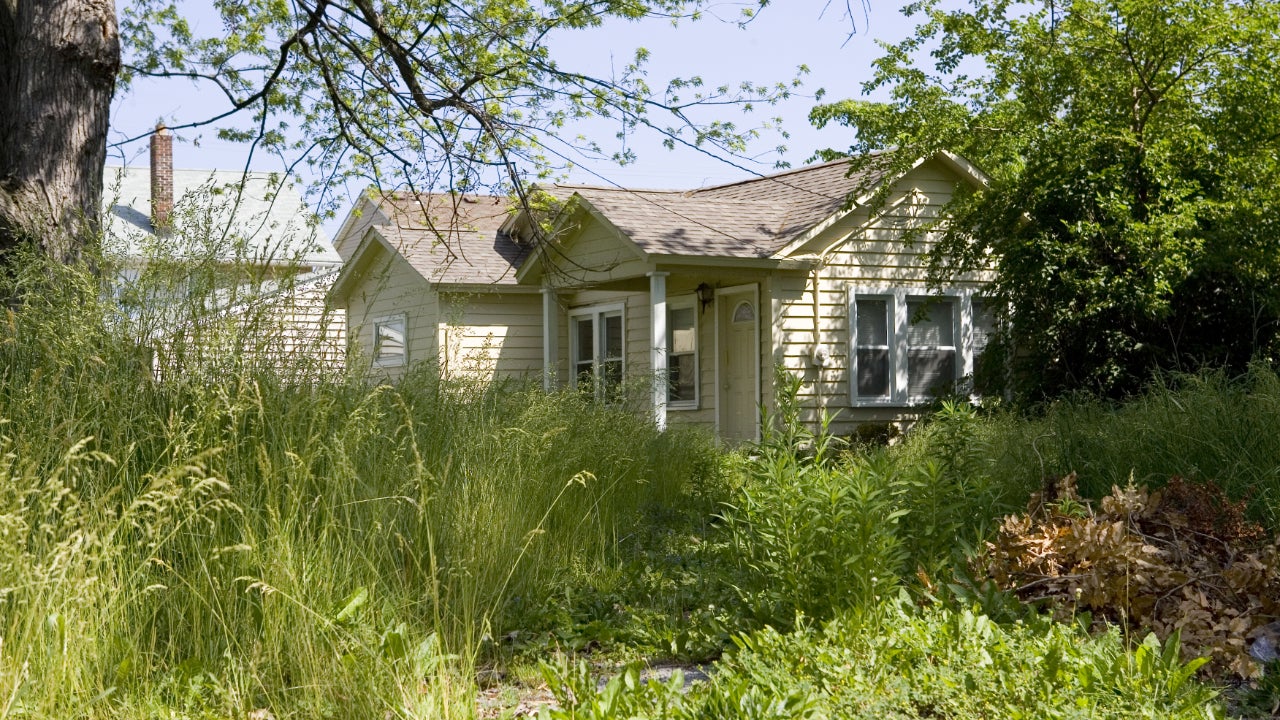Comprehensive HOA San Antonio Solutions: Your Companion in Neighborhood Enhancement
Comprehensive HOA San Antonio Solutions: Your Companion in Neighborhood Enhancement
Blog Article
The Function of Property Owners in Shaping HOA Policies
In the realm of property owners' organizations (HOAs), the function of property owners in forming plans holds significant importance. Homeowners are not just occupants yet active stakeholders in the community they reside in, with a beneficial interest in the policies and guidelines that regulate their every day lives. Comprehending how homeowners can add and affect to HOA plans is vital for cultivating a harmonious living setting. By checking out the methods with which homeowners can influence decision-making processes, we uncover a vibrant interaction that shapes the very essence of neighborhood living. Stay tuned to untangle the detailed internet of house owner interaction and its influence on shaping HOA policies.
Relevance of House Owner Interaction
Homeowner interaction plays a vital role in shaping the policies and decisions of home owners' associations (HOAs) When property owners proactively get involved in the decision-making procedures of their HOA, they contribute diverse perspectives that can lead to even more well-shaped and inclusive policies (hoa san antonio).
Furthermore, homeowner interaction cultivates a sense of ownership and liability within the area. They are extra likely to comply with these regulations willingly when locals are involved in shaping HOA plans. This can result in an extra unified living setting where locals interact towards typical goals and shared worths. Furthermore, engaged home owners are most likely to support HOA efforts, which can bring about smoother implementation and greater total success.
Ways to Influence HOA Plans
Effective engagement in house owners' organization (HOA) committees and meetings supplies citizens opportunities to influence and form HOA policies. One of the most direct methods property owners can influence HOA plans is by proactively participating in and getting involved in HOA meetings.
In addition, home owners can collaborate with their next-door neighbors to create a joined front when supporting for certain plan modifications or initiatives. By arranging petitions, carrying out surveys, or holding neighborhood meetings, property owners can demonstrate the level of assistance for their suggested policies and raise their possibilities of affecting the HOA's choices. Inevitably, by proactively getting involved, engaging with fellow citizens, and tackling leadership functions within the HOA, homeowners can properly shape and influence HOA plans to much better reflect the needs and preferences of the community.

Effect of Homeowner Participation
The energetic involvement of residents in house owners' association (HOA) tasks considerably affects the policies and decisions regulating the community. When home owners take part in HOA meetings, give feedback on suggested plans, and take part in conversations with the board members, their input can shape the instructions of the neighborhood. Homeowner engagement ensures that the HOA board thinks about a varied variety of viewpoints prior to choosing that affect the whole community.
Moreover, homeowner involvement can cause raised openness within the HOA. By proactively involving in the decision-making process, citizens can hold the board responsible for their actions and guarantee that plans are implemented relatively and in the best interest of the area all at once.
Furthermore, when house owners proactively take part in forming HOA plans, they feel a higher feeling of possession and pride in their community (hoa san antonio). This feeling of involvement promotes a stronger sense of neighborhood and urges homeowners to interact in the direction of typical objectives, ultimately producing a much more preferable and unified living setting for all citizens

Advantages of Energetic House Owner Involvement
Energetic engagement by homeowners in property owners' association activities contributes considerably to the improvement of area governance and communication. When property owners actively take part in HOA affairs, they bring beneficial understandings and diverse viewpoints to the decision-making procedure. This involvement fosters a feeling of possession and duty among citizens, resulting in a much more unified and cohesive area.
Furthermore, active home owner engagement helps to guarantee that HOA plans line up with the needs and choices of the community participants - hoa san antonio. By articulating their issues and point of views, citizens can influence the growth of rules and policies that advertise consistency and well-being check out this site within the neighborhood. This collective technique not only strengthens neighborhood bonds however likewise boosts the overall quality of life for property owners
Additionally, energetic house owner involvement can cause boosted transparency and accountability within the property owners' organization. When locals are proactively participated in the administration process, there is better oversight and examination of decision-making, which can assist prevent possible conflicts and make certain fair and equitable treatment for all participants. Ultimately, the advantages of energetic property owner participation expand beyond specific houses to create an extra dynamic and growing area.

Developing a Community-Driven HOA
Given the value of property owner participation in shaping HOA policies, fostering a community-driven technique is important for the sustainable governance and advancement of the neighborhood. A community-driven HOA empowers locals to proactively join decision-making processes, making sure that policies reflect the varied demands and choices of the community. By urging open communication and partnership between home owners and the HOA board, a feeling of common obligation and possession is cultivated, resulting in enhanced fulfillment and consistency within the neighborhood.
Developing a community-driven HOA involves developing systems for home owner responses, such as studies, a knockout post city center meetings, or recommendation boxes, to collect input on vital concerns and potential policy modifications. Furthermore, promoting openness in HOA operations and decision-making processes promotes depend on and liability among locals. By valuing property owner viewpoints and engaging them in the administration of the area, a community-driven HOA can enhance overall resident satisfaction, promote a sense of belonging, and add to the long-term well-being of the area.
Final Thought

To conclude, active home owner involvement plays a crucial duty fit HOA policies. By joining decision-making procedures and articulating their concerns, property owners can affect the direction of their neighborhood. This participation results in a much more collaborative and inclusive setting within the HOA, ultimately benefiting all citizens. Creating a community-driven HOA requires recurring communication and participation in between property owners and the organization to guarantee plans show the demands and preferences of the neighborhood.
In the realm of house owners' organizations (HOAs), the function of property owners in shaping plans holds considerable relevance.Homeowner involvement plays a vital role in shaping the plans and decisions of home owners' associations (HOAs)Efficient participation in homeowners' association (HOA) boards and conferences offers citizens chances to influence and form HOA plans. Eventually, by actively taking part, engaging with fellow locals, and taking on leadership roles within the HOA, property owners can properly shape and influence HOA policies view to much better reflect the needs and preferences of the community.
Furthermore, active home owner involvement can lead to boosted openness and accountability within the homeowners' association.
Report this page